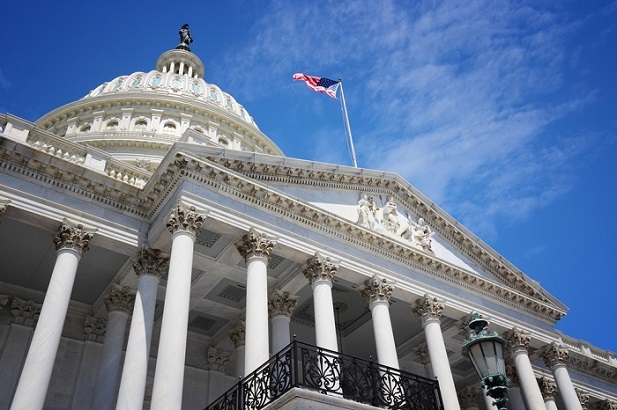 Labor's fiduciary rule, which was finalized in 2016 after nearly six years of effort, was vacated by a federal court last year. (Photo: Shutterstock)
Labor's fiduciary rule, which was finalized in 2016 after nearly six years of effort, was vacated by a federal court last year. (Photo: Shutterstock)
Two leading Democratic lawmakers on retirement issues are asking the Government Accountability Office to investigate the impact of the Labor Department's fiduciary rule, which was vacated by the Fifth Circuit Court of Appeals a year ago, on the financial services industry, retirement plan sponsors, and retirement savers.
Labor's rule, which was finalized in 2016 after nearly six years of effort, required a fiduciary standard of care on securities and rollover recommendations for all qualified retirement plan assets.
A consortium of brokerage, insurance, and business trade groups sued the Labor Department, alleging it overstepped its rule making authority by attempting to regulate IRA assets.
The Fifth Circuit overturned the rule after three lower court rulings upheld it. The Trump Administration's Labor Department dropped its defense of the rule when it opted to not petition the Supreme Court to review the case.
Instead, Labor issued a non-enforcement policy for the rule. It is scheduled to release a revised fiduciary rule this fall.
“In the past year, DOL appears to have done little, if anything, to warn retirement savers that they are now vulnerable to professionals who, according to DOL, have no obligation to put their clients' interests before their own,” write Sen. Patty Murray, D-WA, and Rep. Bobby Scott, D-GA, the ranking member and chair, respectively, of committees that oversee retirement policy and the Labor Department.
The Fifth Circuit's ruling created “uncertainty and confusion” for the financial services industry, the lawmakers said. Ironically, critics of the rule alleged it sowed confusion before it was overturned.
Retirement plan providers spent considerable assets to comply with the rule before it was vacated. The lawmakers are asking the GAO to analyze how those compliance efforts affected product lines, compensation models, and the impact those changes had on sales and revenue.
They also want to know how much was spent on compliance, what the overall impact was on retirement investors, and whether firms that changed to a fiduciary model before the rule was overturned continued to operate under the new model after the Fifth Circuit's decision.
The scope of the requested inquiry is substantial, and will undoubtedly required extensive coordination with industry stakeholders.
A 2013 GAO report on 401(k) plans and IRA rollovers came after a two-year examination.
© 2025 ALM Global, LLC, All Rights Reserved. Request academic re-use from www.copyright.com. All other uses, submit a request to [email protected]. For more information visit Asset & Logo Licensing.








